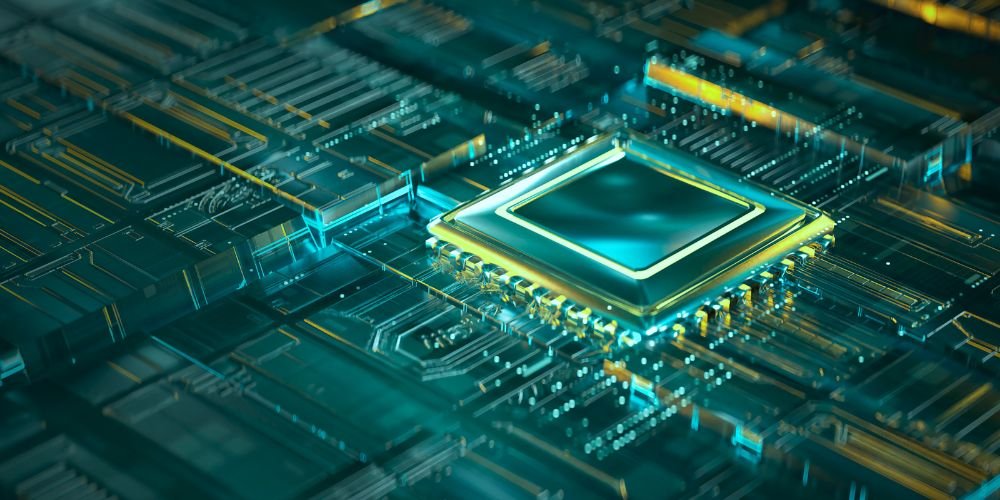Quantum computing represents a paradigm shift in computational technology, promising unprecedented processing power and capabilities that traditional computers cannot match. At the heart of this revolution lies quantum computing hardware, consisting of quantum processors, qubits, and control systems designed to harness the principles of quantum mechanics. In this opinion piece, we will explore the significance of quantum computing hardware and its potential to revolutionize the field of computing as we know it.
Unlocking Exponential Processing Power
Quantum computing hardware leverages the unique properties of quantum mechanics, including superposition and entanglement, to perform computations at an exponential scale that surpasses the capabilities of classical computers. Unlike classical bits, which represent information as either 0 or 1, quantum bits, or qubits, can exist in multiple states simultaneously, allowing quantum computers to explore vast solutions and solve complex problems much faster than classical algorithms.
Overcoming Computational Challenges
Quantum computing hardware has the potential to tackle some of the most complex computational challenges that are beyond the reach of classical computers. From simulating quantum systems and optimizing supply chains to breaking encryption algorithms and discovering new materials, quantum computers promise to revolutionize fields ranging from cryptography and drug discovery to finance and artificial intelligence.
Scaling Quantum Hardware
One key challenge in quantum computing is scaling quantum hardware to support large-scale quantum computations. Quantum processors require high precision and stability to maintain qubit coherence and minimize errors. Researchers and engineers are actively developing scalable architectures, error correction techniques, and fault-tolerant systems to overcome the inherent noise and decoherence in quantum hardware, thereby realizing the full potential of quantum computing.
Driving Innovation and Discovery
Quantum computing hardware drives innovation and discovery across various industries and scientific disciplines. Quantum computers can revolutionize drug discovery by simulating molecular interactions and predicting efficacy with unparalleled accuracy. They can also revolutionize financial modeling by optimizing investment strategies and risk management algorithms. Moreover, quantum computers are poised to transform artificial intelligence by enabling faster training of deep learning models and solving complex optimization problems.
Conclusion
Quantum computing hardware represents a groundbreaking advancement in computational technology, offering exponential processing power and capabilities that have the potential to revolutionize computing, science, and industry. As quantum hardware continues to evolve and mature, we can expect to see rapid progress in quantum algorithms, applications, and solutions that will unlock new frontiers in computing and drive innovation and discovery in previously thought impossible ways. Quantum computing heralds a new era of computing, where the boundaries of what is possible are defined by the laws of quantum mechanics rather than classical physics.





